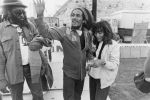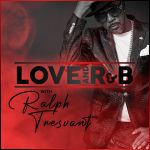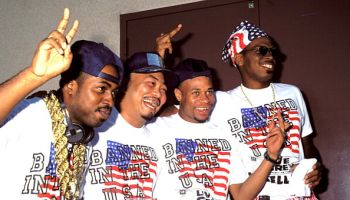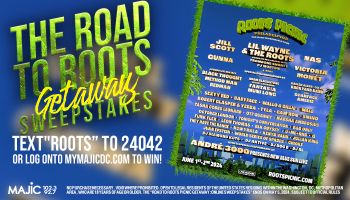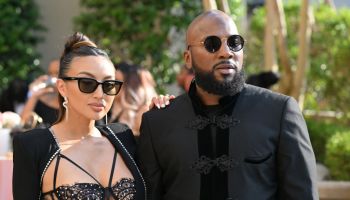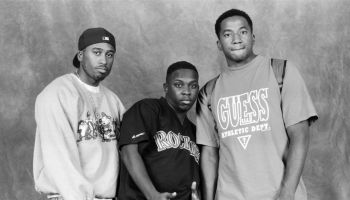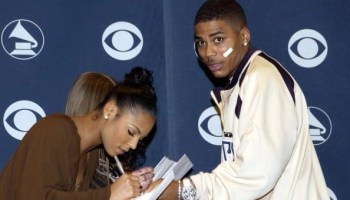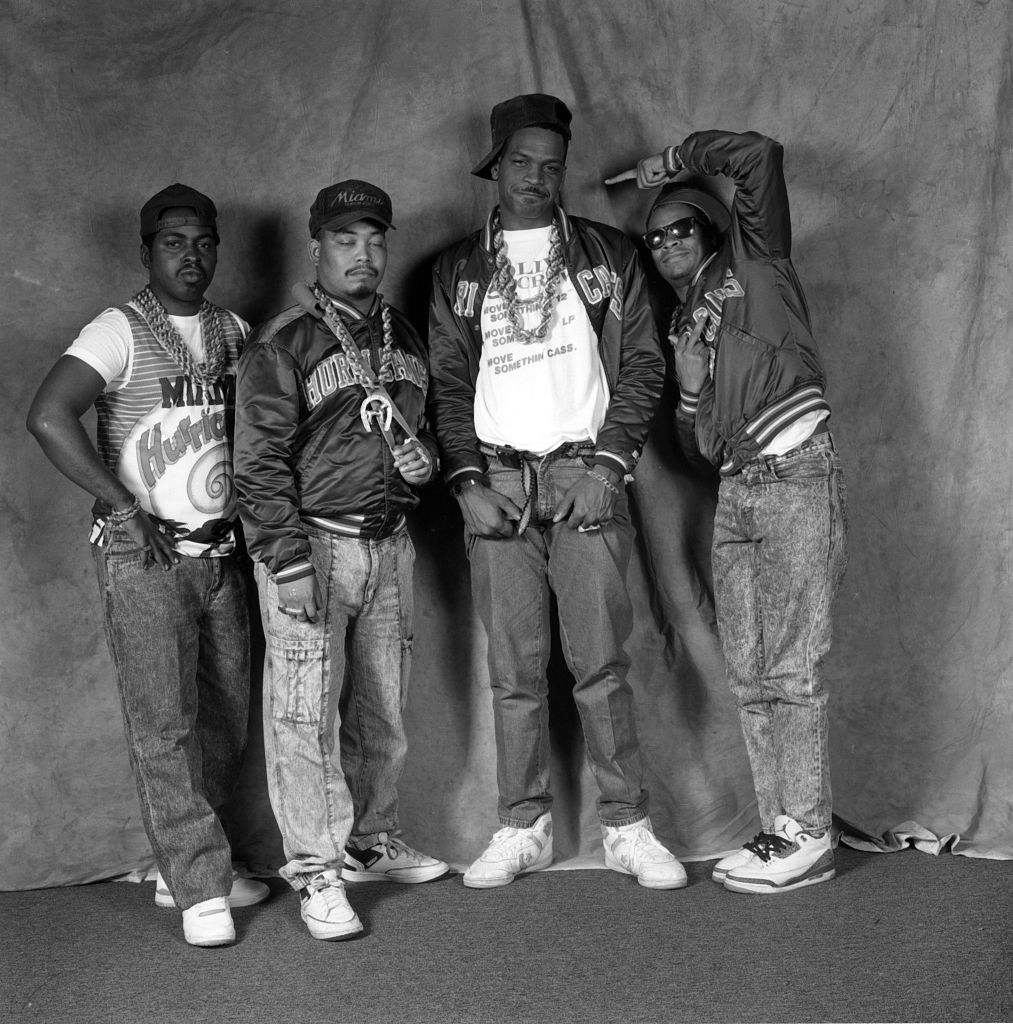
Source: Michael Ochs Archives / Getty
Before Cardi B. and Megan Thee Stallion had Conservative America clutching its collective pearls with “WAP,” before Lil Kim went “Hardcore” with her debut, and before Snoop Dogg and Co. proudly declared that “it ain’t no fun if the homies can’t have none,” there was 2 Live Crew.
As the innovators of Miami Bass Music, 2 Live Crew (Luke, Fresh Kid Ice, Mr. Mixx, and Brother Marquis) found massive success with the release of their landmark 1989 album, As Nasty As They Wanna Be, and its iconic single, “Me So Horny.” Bridging the gap between Hip-Hop’s golden era and the grittiness of gangsta rap, the crew’s raunchy lyrics and rowdy live shows were a hit with fans.
However, as quickly as they attracted fans, 2 Live Crew also attracted some very powerful critics. The group would soon get the attention of the American Family Association, who would argue that the “Parental Advisory” sticker (which was introduced just two years prior to the album’s release) would not be enough to warn consumers of the content of the record.
THE CASE
Jack Thompson, a lawyer associated with the AFA, would go on a crusade to shut 2 Live Crew down. As reported by the LA Times, he would approach Florida’s then-Governor Bob Martinez to convince him that As Nasty As They Wanna Be should fall under the state’s obscenity classifications.
In 1990, then-Broward County Sheriff Nick Navarro began to take action to prevent record store owners from selling the album, prompting the group to file a federal lawsuit.
Get Breaking News & Exclusive Contest in Your Inbox:
However, the U.S. District Court for the Southern District of Florida would side with Navarro, declaring that the album was “legally obscene” and illegal to sell. A record store owner was arrested two days later for selling the album. (That case was overturned on appeal.)
The group’s label, Skywalker Records (now Luke Records) would take the case to the U.S. Court of Appeals for the Eleventh Circuit.
In the midst of their legal woes, As Nasty As They Wanna Be continued to make waves. The album would ultimately go double-platinum and peak at #29 on the Billboard 200. The situation would also serve as the inspiration behind their next album, 1990’s Banned In The U.S.A., with the title track serving as a rallying cry for free speech in Hip-Hop.
THE DECISION & LEGACY
In 1992, a three-judge panel would ultimately overturn the original decision. Stating that Sheriff Navarro provided no concrete proof that the album was obscene (as determined by the Miller Test for obscenity) the judges determined that As Nasty As They Wanna Be was protected by the First Amendment.
This proved to be a big win not only for 2 Live Crew but for Hip-Hop in general. As there is now a renewed push to end the use of rap lyrics as court evidence in criminal trials, the case of Luke Records v. Navarro serves as a very important precedent when it comes to governmental overreach in the genre.
“The obscenity case was extremely far-reaching for hip-hop,” Uncle Luke said in a 2020 retrospective of the case for Variety. “This case is the one that allows artists to say what they want on their records. I didn’t have to challenge the ruling in federal court, but I was prepared to go to jail for my rights.”
RELATED: Fulton County DA Fani Willis Doubles Down On Her War Against Violent Rap Lyrics
1990: 2 Live Crew’s Fight For Free Speech | Black Music Month was originally published on blackamericaweb.com




